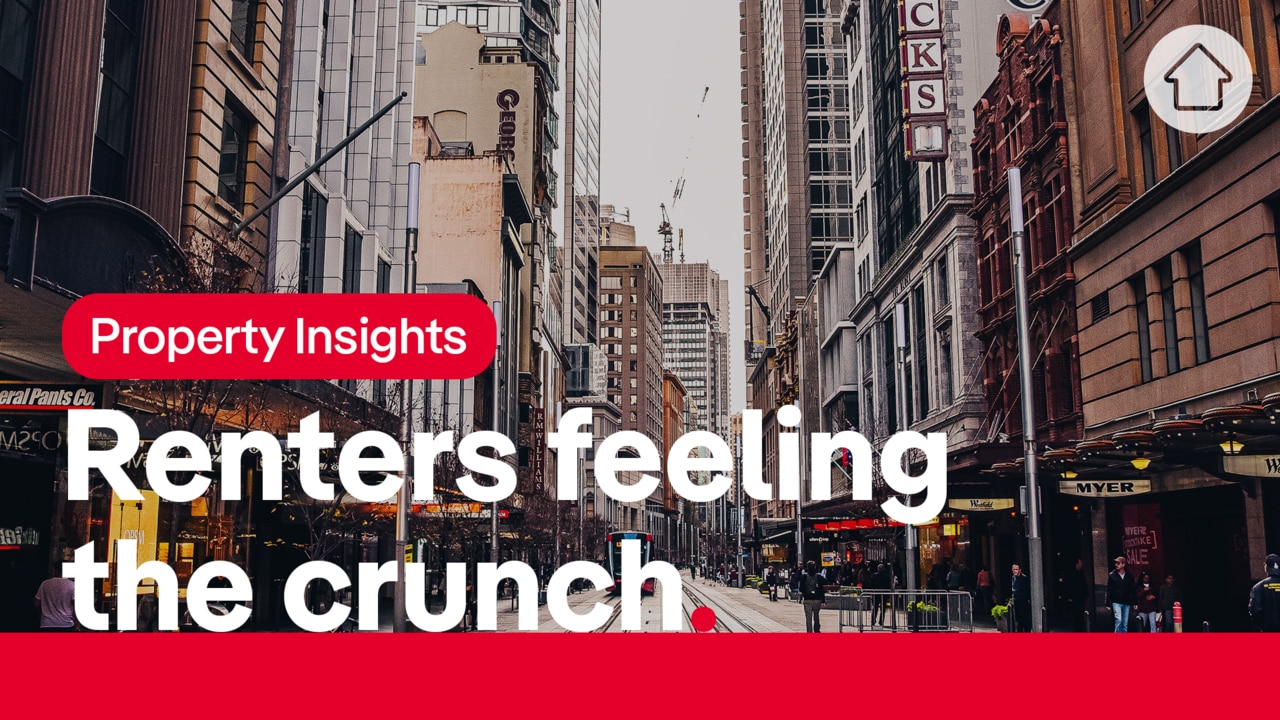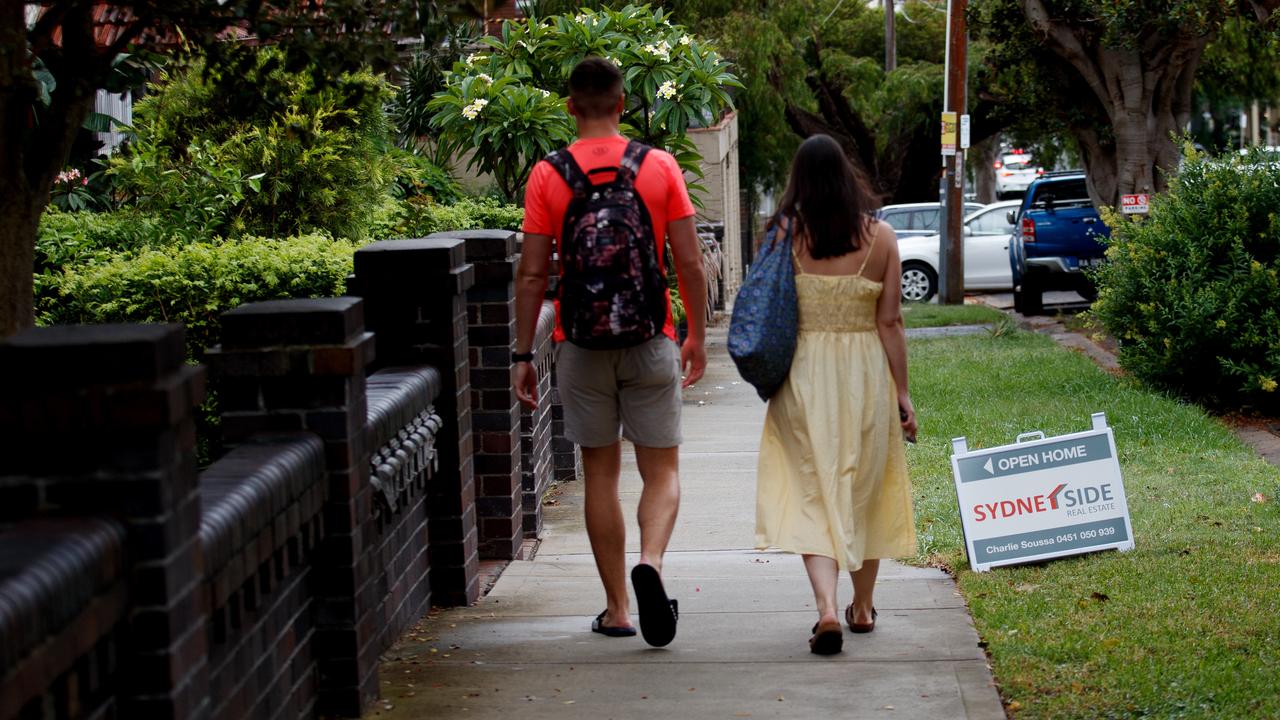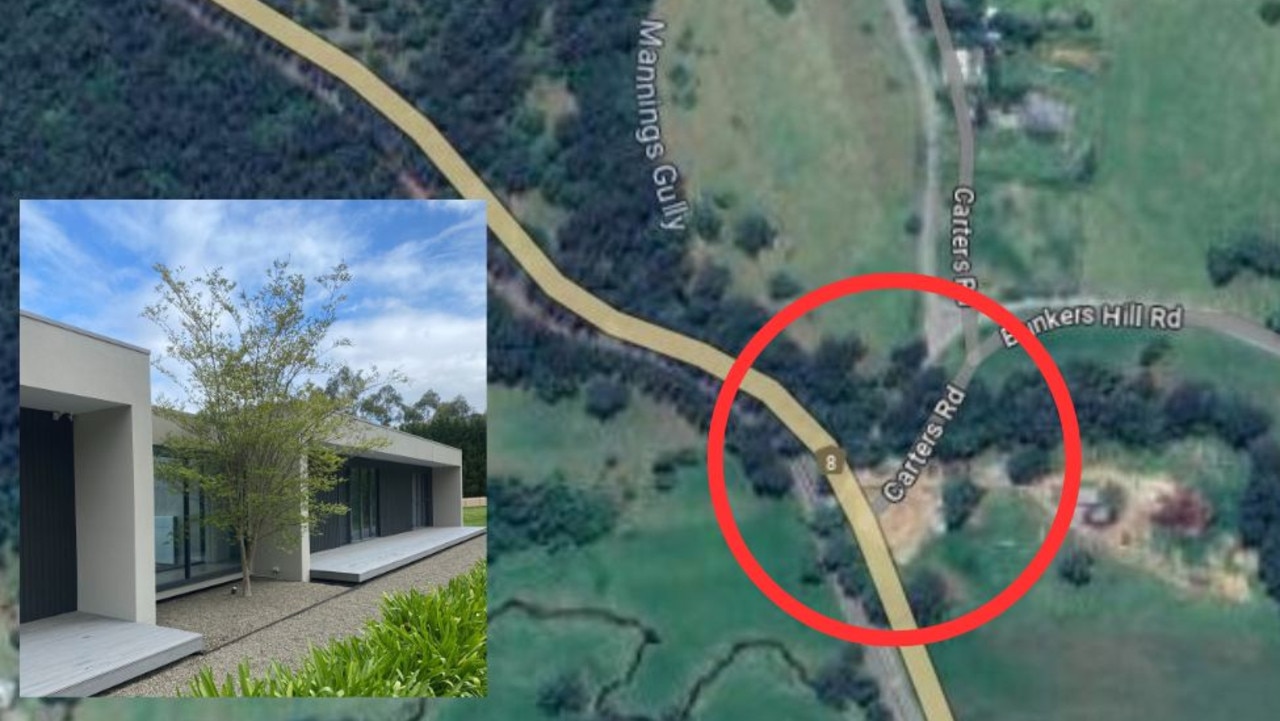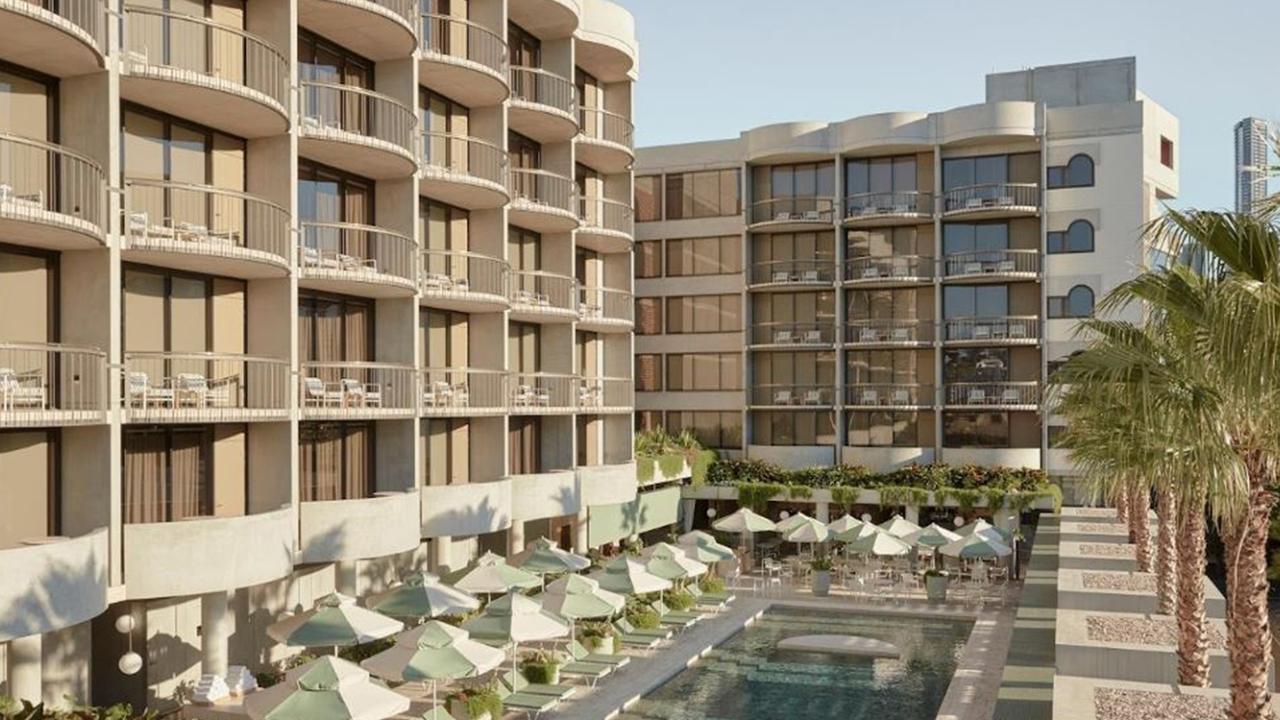Airbnb hits back on Aussie property crisis as local councils block short term rentals
Short-term rental giant Airbnb has hit out at claims they’re contributing to the country’s housing crisis as local governments move to block short term rentals.

Rental giant Airbnb has hit out at claims they’re contributing to Australia’s property crisis.
Lending indicator data released in February by the Australian Bureau of Statistics revealed the national average new mortgage size as of December 2023 was the highest on record at $624,383.
The national average rent cost was $600 per week over the June quarter; $640 per week for capital cities and $540 per week in the regions, while the rental vacancy rate sat at a measly 1.4 per cent in June, according to PropTrack’s June Rental Report.
“Prior to the pandemic era, the national rental vacancy rate was typically around 2.5 per cent, indicating just how much conditions have tightened,” the report stated.
“With limited new rental supply and persistent strong demand for rentals, the vacancy rate is anticipated to remain low.
“This highlights again how a significant lift in rental stock or reduction in rental demand is required to see more stable rental conditions similar to pre-pandemic.”
Rental companies including Airbnb have been widely criticised over claims of hiking up rent prices and curbing the availability of long-term rentals.
However Airbnb Australia and New Zealand country manager Susan Wheeldon has claimed short-term rentals only make up a small portion of available rentals.
“All of short-term rentals sit at around 1 per cent of overall stock in Australia,” Ms Wheeldon told 7NEWS.

Byron Bay is set to introduce caps on short term rental accommodation from September, prohibiting people from renting out non-hosted properties for more than 60 days per year for most of the Shire.
Byron Shire Mayor Michael Lyon told 7NEWS protecting residential areas for residential uses is “absolutely essential”.
“We know we’re under assault from the platforms,” he said.
However Ms Wheeldon claimed the move could have a “really serious impact on employment”.
It comes after it was revealed no one on the average NSW median part-time or full-time income can afford to purchase a property in Greater Sydney without extra support, according to new research led by property experts Mustapha Bangura (University of Technology Sydney) and Professor Chyi Lin Lee (UNSW).
“While we expected the issue of housing affordability to be severe for part-time employment, we found that full-time employees are also significantly affected,” Professor Lee said.
“This highlights the widespread housing affordability crisis and the need for comprehensive policy solutions.
“It’s clear the Australian dream of owning a home is becoming increasingly harder to attain.”





